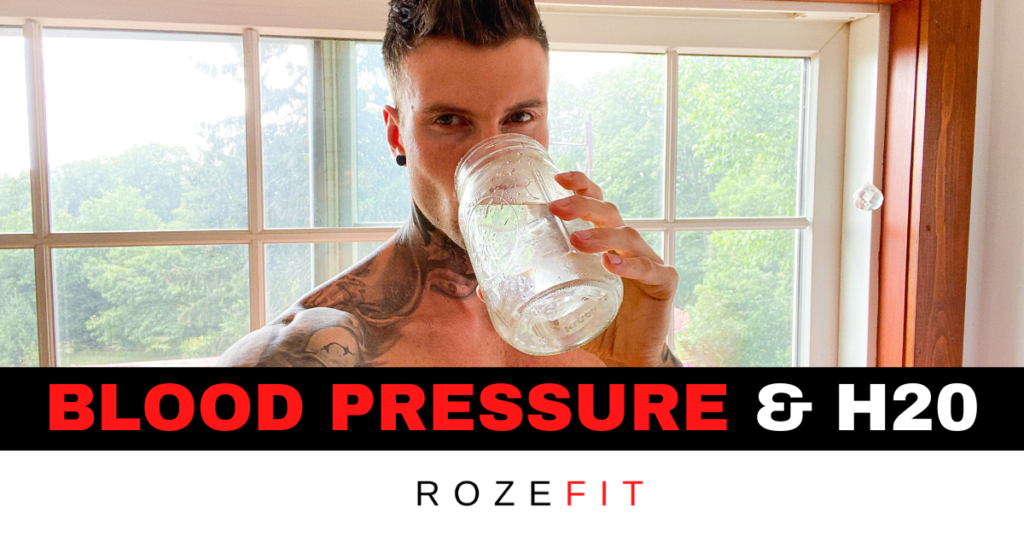One of the most common conditions my clients come to me with is high blood pressure.
Although the factors which contribute to high blood pressure are multifaceted, one of the most common contributors is dehydration.
Dehydration
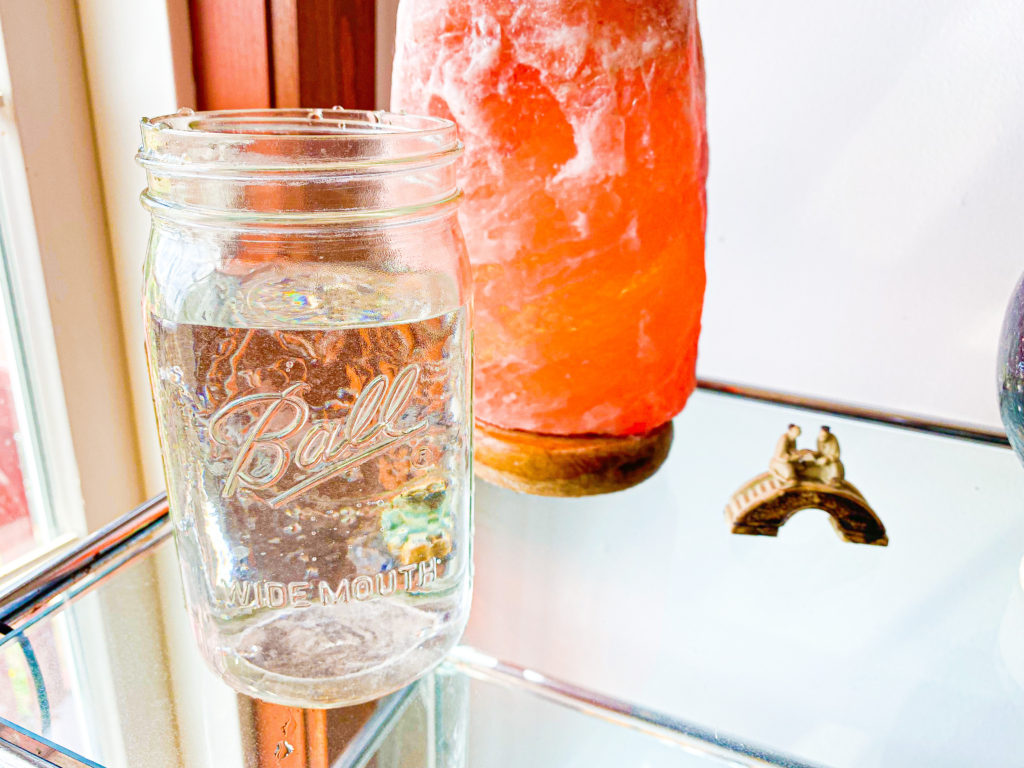
Dehydration is simply just a loss of water.
It is often used interchangeably with something called volume depletion which is a loss of water AND electrolytes.
When most people talk about dehydration they are really referring to volume depletion.
And as you’ll learn, volume depletion has a huge impact on your blood pressure.
Blood Pressure & Blood Volume
Blood pressure is a measurement of the force exerted by blood on your arterial walls.
This force is largely influenced by something called your blood volume.
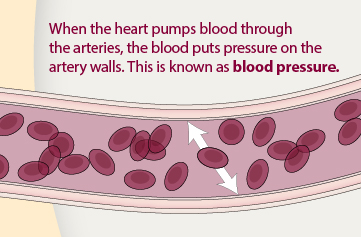
Blood volume refers to the total amount of fluid circulating in your arteries, capillaries, veins, and chambers of your heart at any given time.
Your blood contains red blood cells of course, but also a substance called plasma.
Plasma contributes to about 60% of your blood volume.
And guess what plasma is made out of?
That’s right – primarily water – 90% to be more precise.
How Does Dehydration Cause High Blood Pressure?
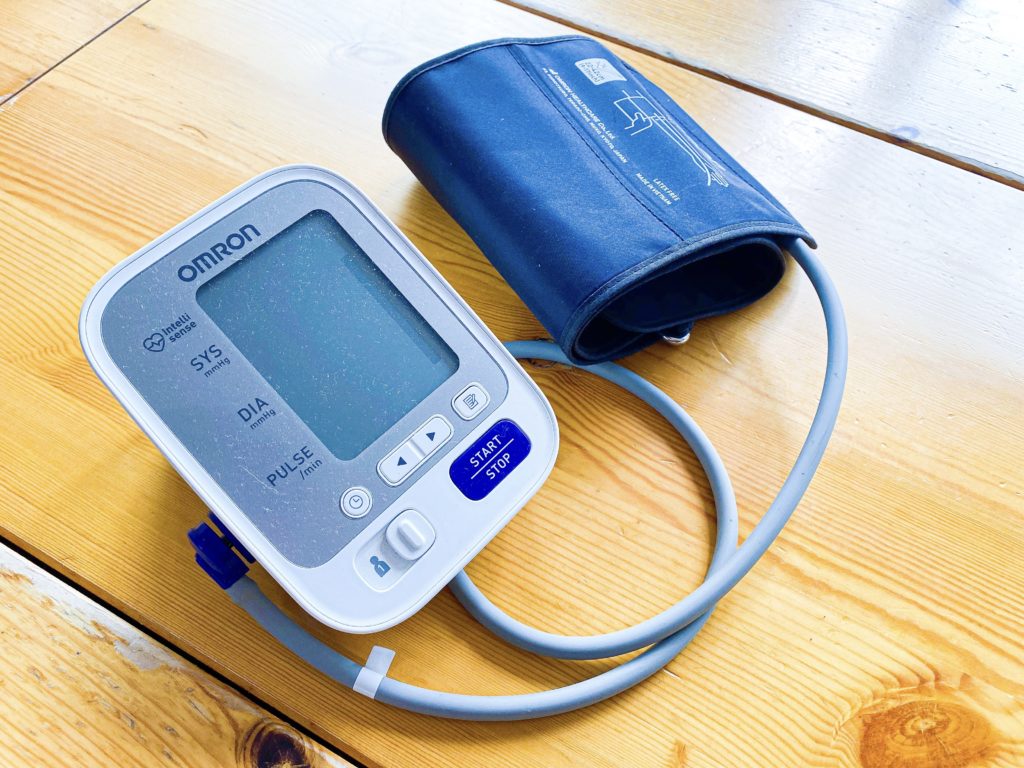
When you are dehydrated (volume depleted), you have lost not only water but also electrolytes.
Your body responds to this loss of volume by releasing a hormone called vasopressin which acts on your kidneys to reabsorb water and electrolytes.
Vasopressin ultimately constricts your blood vessels and this constriction is what causes high blood pressure.
Remember, blood pressure is a measurement of force exerted by blood on your arterial walls.
When constriction happens, pressure goes up.
Does Drinking Water Lower Blood Pressure?
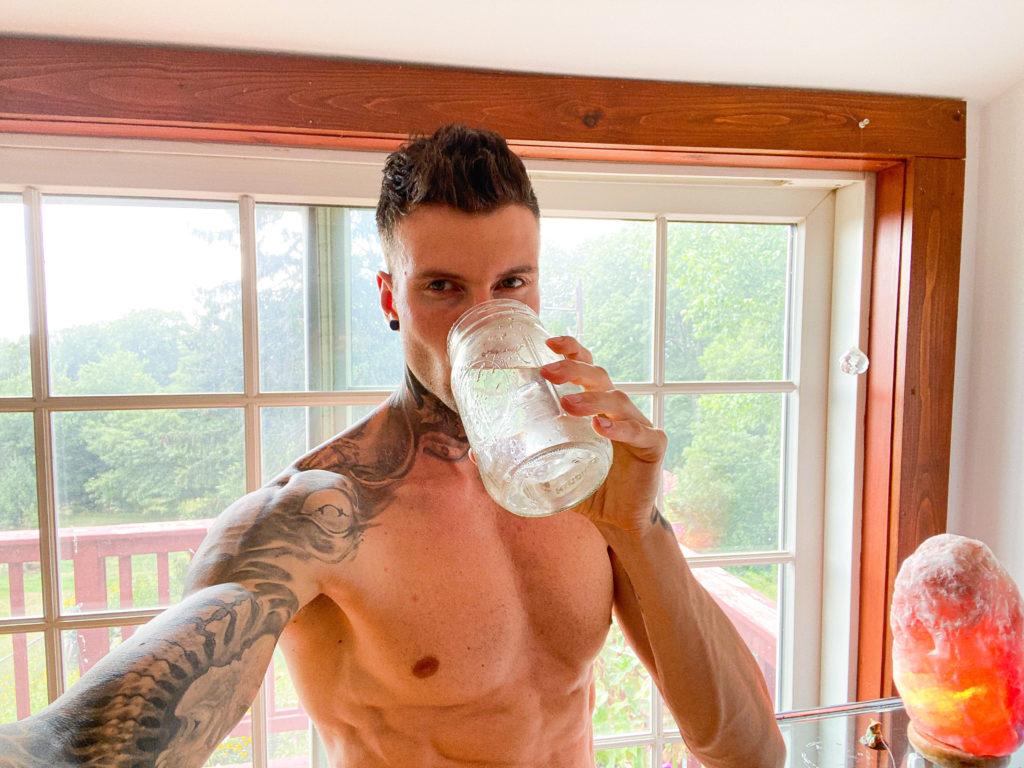
So this leads you to ask of course – will drinking water lower your blood pressure?
And the answer is, absolutely!
One of the first things I address with my clients that have high blood pressure is their hydration status.
I immediately audit their fluid intake and prescribe recommendations based on their current status.
It’s imperative that your fluid prescription be tailored to your specific case because there are many factors which influence your hydration needs such as exercise, environment, and overall health.
As a general rule of thumb, the US National Academies of Sciences, Engineering, and Medicine determined that an adequate water intake is about 3.7 liters for men and 2.7 liters for women.
That’s a lot more than you are probably used to drinking, especially if you frequently experience dehydration, knowingly or unknowingly.
Hire a Professional

If you have been diagnosed with high blood pressure by your doctor, chances are they have recommended you begin exercising & modifying your diet.
My speciality is providing movement and diet solutions for people noticing changes to their metabolic health.
And reducing high blood pressure is a requisite to optimal metabolic health.
I have helped hundreds of individuals improve their health markers such as blood pressure, blood sugar, and blood lipids (cholesterol, triglycerides), in addition to improving their body composition (reducing fat, gaining muscle).
I take my client relationships very seriously and will work closely with you to build a personalized plan of attack and guide you each step of the way.
You can learn more about my coaching services here.
I look forward to meeting you!

